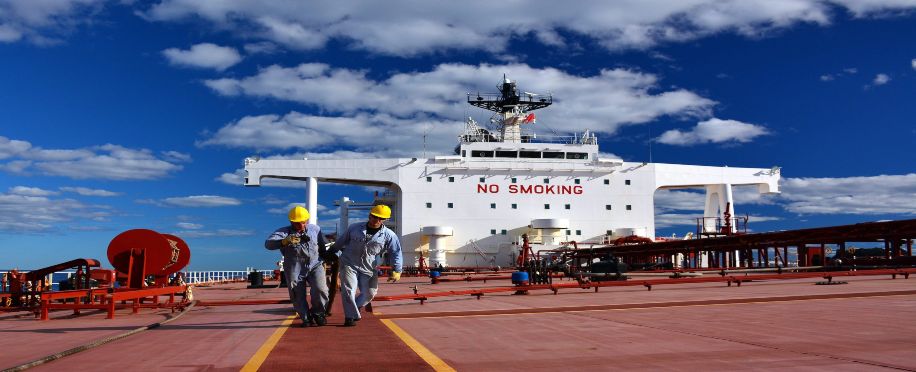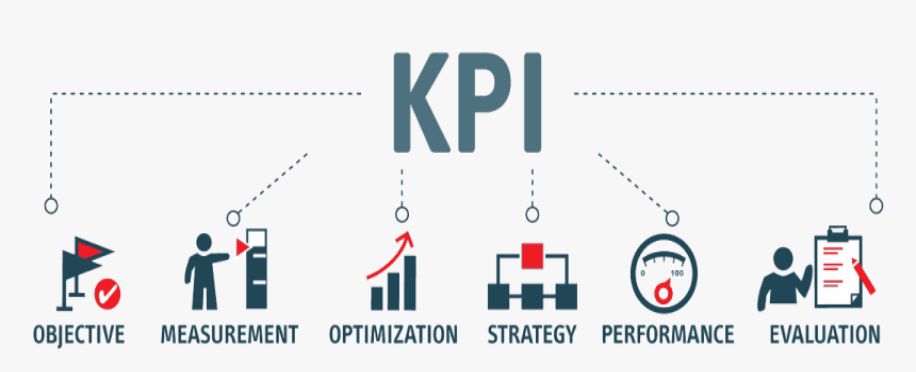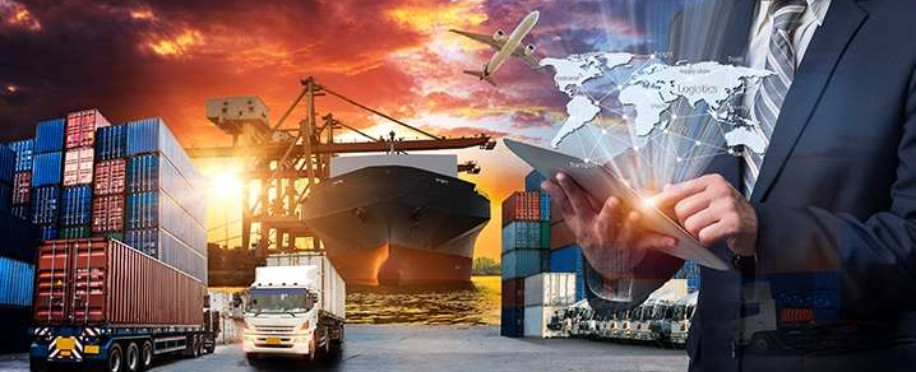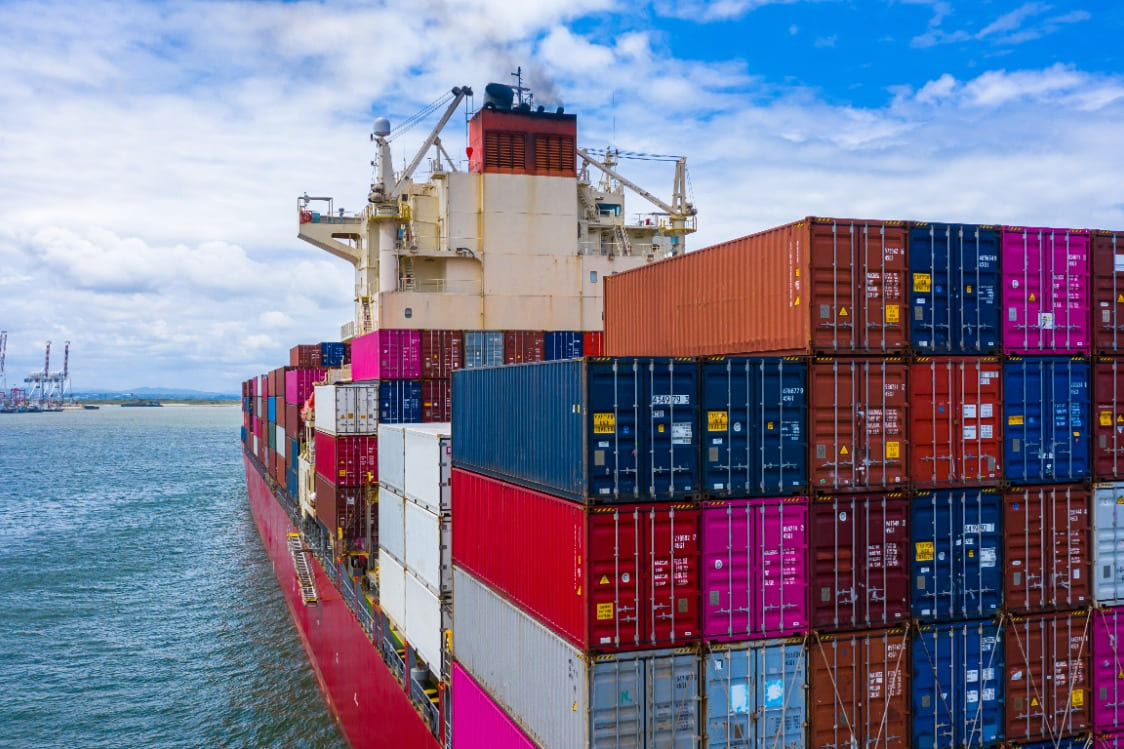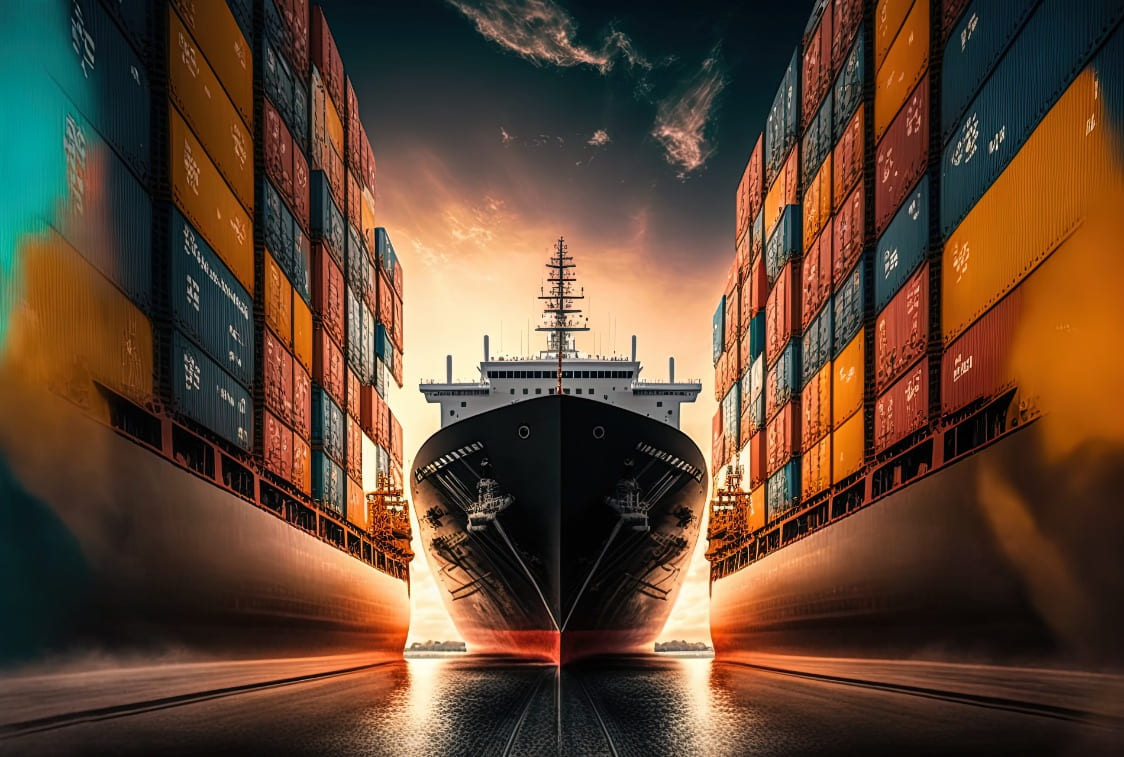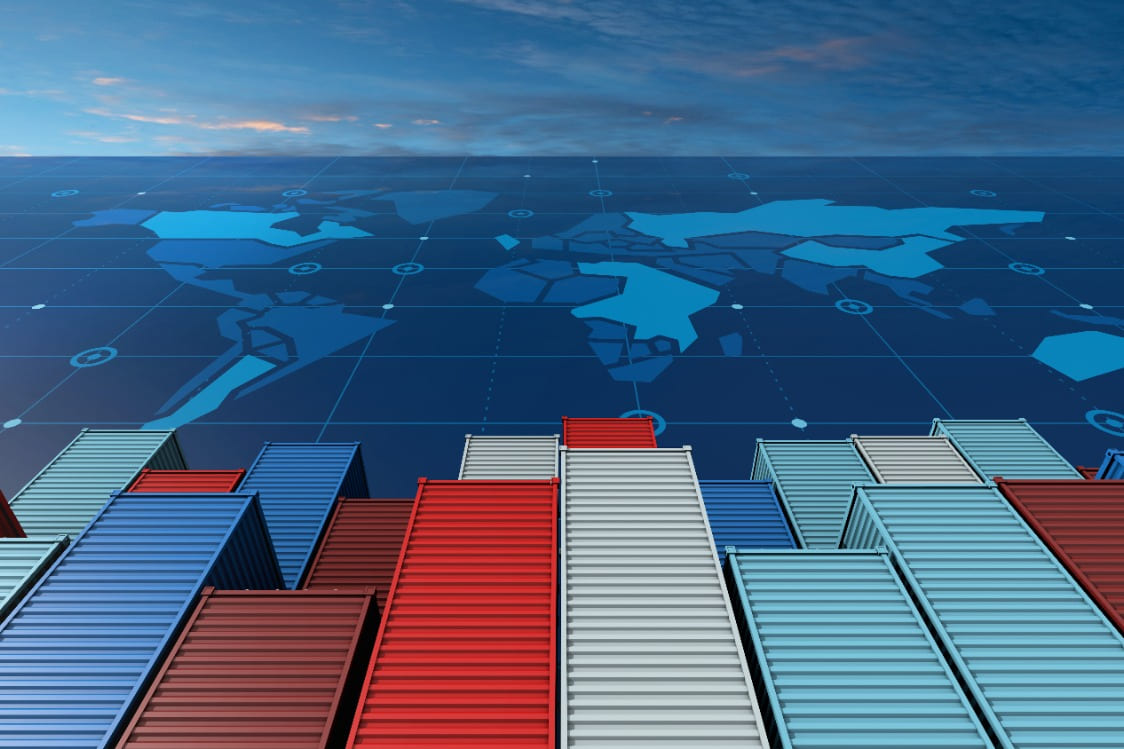Maritime Digitalization & IMO Strategy: Is the Industry Moving Fast Enough?
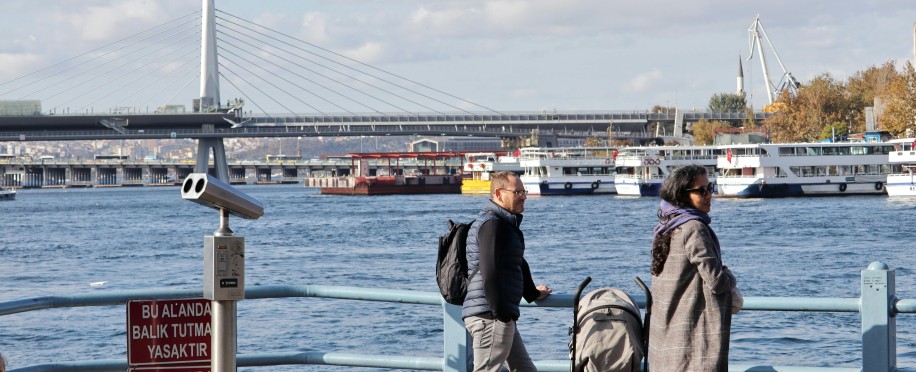
Posted on Apr 15, 2025 at 09:04 PM
Digitalization transformation is not an option in any industry anymore, with all the mandatory modern technologies that not only make the operational process more efficient and boost supply chain and blockchain but also increase safety, profitability, and productivity when used correctly.
That is why maritime digitalization and all its innovation models are becoming a vital player in the shipping and maritime industry to protect lives, ships, and transformed products, especially in high seas and remote locations.
Today, we will provide you with important details about the maritime digital transformation in shipping and maritime operations. Including IMO committees, the IMO technology plan toward successful and sustainable maritime digitization, and a glance into the most popular maritime transformation technologies and robotics in Germany.
What Is Digitalization in the Maritime Industry?
Digitalization in the maritime industry refers to all and any integrated technology and machine learning to transform shipping operations, logistics, and management to its most advanced version with digital transformation and operations.
Furthermore, the maritime digitalization approach relies on and includes critical technologies and tools like substantial AI, IoT, big data, and automation developments. To improve efficiency, collaboration, safety, and sustainability, enhance routes, monitor equipment in real-time, develop integration, and reduce fuel consumption.
All of that accelerating in the digital transition not only enhances communication, decision-making, resilience, and regulatory compliance processes but also helps shipowners protect their assets, discover new opportunities, grow economic outcomes, and cut unnecessary costs.
Included Committees in the Maritime Digitalization Strategy:
According to the top maritime training courses in Hamburg, many included committees in the IMO are working on maritime digital transformation to improve maritime transport efficiency based on industry-relevant data.
Facilitation Committee (FAL):
The FAL Committee is considered the leading committee in the maritime digitalization transformation, this committee focuses on simplifying and standardizing maritime digital procedures and applies fundamental digital knowledge to enhance the efficiency of international shipping and trade through tools and technologies in the global market.
Marine Environment Protection Committee (MEPC):
Based on the IMO regulations and standards, the MEPC works on minimizing ships' impact on the marine environment by promoting digital solutions in the industry for monitoring emissions, waste management, and compliance with industry digitalization regulations.
Maritime Safety Committee (MSC):
When you use the latest technologies in digitalization transformation, the supporting digital technologies will help you boost efficiency, and improve navigation, communication, and emergency response systems. And all of that is done by the MSC Committee.
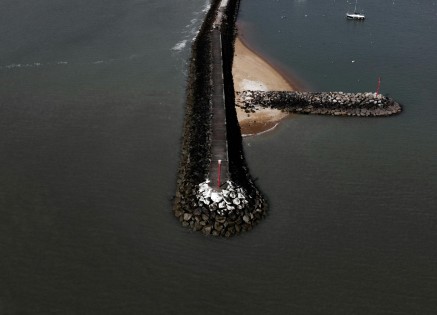
The IMO Work Plan for Maritime Digitalization:
All the work done by the IMO committees aims to implement the IMO digital strategy in the maritime industry with high efficiency and follow the announced timeline for full maritime digitalization till 2027:
Identify Existing and Emerging Technologies:
Evaluate current digital tools and explore new technologies and innovations that can enhance maritime sector operations, safety, efficiency, and sustainability.
Recognize Required Standards and Methodologies:
Highlight suitable frameworks, data analysis, and guidelines to ensure that digital technologies are reliable and secure across the shipping and maritime industry.
Align Digitalization with IMO’s Various Committees:
Although we have 3 main committees working on the needed data and technology solutions to coordinate digital initiatives. However, the maritime digitalization process should be relevant to all IMO committees’ standards and goals to ensure efficient digital transportation for all companies.
Popular Technologies in the Maritime Digitalization Strategy:
Today, all the maritime training courses in Hamburg are focused on the used and available technologies to facilitate and boost the maritime digitalization transformation and process:
AI and Autonomous Navigation:
Uses artificial intelligence (AI) to adjust route planning, enhance vessel performance, and enable autonomous ship operations with minimal human input whether on deck, port, or terminal.
Cybersecurity:
The development and implementation of maritime digitalization require more investment in cybersecurity technology to protect your data and systems from cyber threats and ensure safe and secure operations across networks, ships, and port infrastructure.
Maritime Single Window (MSW):
The MSW is becoming mandatory by the International Maritime Organization (IMO), which is a single digital platform that allows stakeholders to submit standardized information to port authorities in one place, simplifying clearance and communication in all maritime processes and operations.
Data Collection and Management:
Modern data technology not only shares better insights, but also involves gathering real-time data from vessels and ports to improve decision-making, efficiency, maintenance planning, and compliance tracking despite the ship size or destination.
Finally,
Maritime digitalization in Germany is becoming more of a reality in the maritime industry due to its efficiency and IMO digital transformation requirements.
However, this digital transformation requires professional and advanced training with the right techniques and updated data and information.
